Tags: Evolution
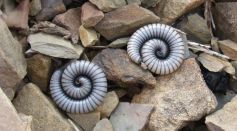
525-Million-year-Old Fossils of a Tiny Sea Creature With a Preserved Nervous System Solves Century-old Debate on Brain Evolution

Recent 'Weird Wonder' Findings Served Chunk Evidence to Anthropoid Etymology
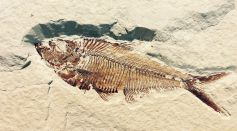
Scientists Find 500-Million-Year-Old Fossils That Might Solve Evolution Riddle
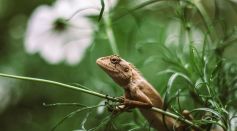
240-Million-year-Old Snake Ancestor Sheds Light on the Evolution Secrets of Reptiles

Burmese Pythons Evolve With This Unique Trait of Stretching Their Jaw Wide Enough To Eat Prey as Large as Alligator
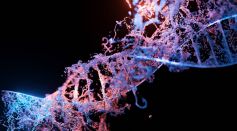
AI Used in Identifying Genomic Tradeoffs in Mutation Brought About Human Evolution

Solar History: Study Suggests Information About the Evolution of Sun Could be Hiding on the Moon

Gut Microbiota Evolution: 60 Different Strains of Microorganism Evolve Alongside Humans for the Past Thousands of Years
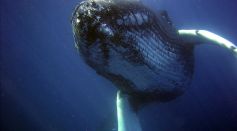
Humpback Whale Songs Travel 9,000 Miles Across the Pacific Ocean, Suggesting Remarkable Cultural Evolution

Bigger Animals Consume Lesser Food Than Small Ones: Scientists Explain How This Could Be Possible
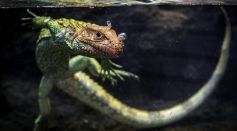
Nearly 60 Million Years of Climate Change Triggered the Rapid Evolution of Reptiles, Study Finds
Stunning Photo of a Fungus Making a Dead Fly Into a 'Zombie' Wins Prestigious Award

Female Monkeys With Female Friends Live Longer: New Study Shows the Evolutionary Benefit of Friendship Among Same Sex
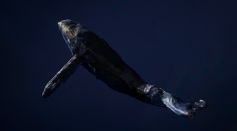
Eye Protein in Whales Enables Them to See in the Dark to Dive Deep in the Ocean, Study Reveals

Inner Ear Canal Gives Paleontologists Insights on Mammal Evolution

Lactose Tolerance Evolution: How Periodic Famine, Disease Outbreaks Led Ancient Europeans to Start Drinking Milk
Ancient Fish That Developed Legs to Walk on Land Returned to Full-Time Swimming, Study Reveals

Evolution Theory: Mutated CD33 Receptor Found in Homo Sapiens Influenced by Gonorrhea

Layers of the Earth: Recent Study Says its Inner Layers were Drier in the Past

Is Natural Selection Unequal? Experts Say Darwin's Theory Controlled by Income
Most Popular

Relativity Time Dilation Explained: The Physics of Time and Why It Moves Differently in Space

How AI Is Used in Weather Prediction: Smarter Forecasting Through Machine Learning

How Lightning Science Reveals Why Charged Storms Are Rising with Global Warming Effects

De-Extinction vs. Conservation Science: Which Approach Protects Biodiversity Most Effectively?





